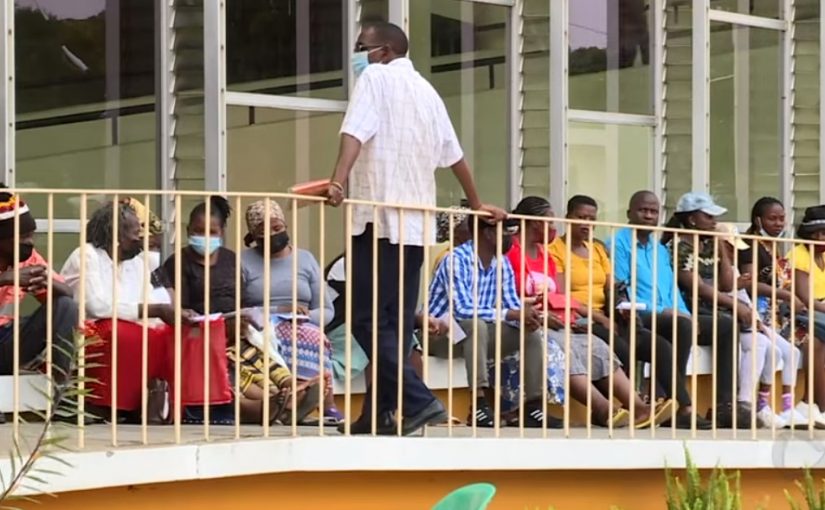Mozambique: Zimbabwe donates 130t of food, seeds and building materials for Cabo Delgado
Mozambique: Doctors’ strike enters third day – AIM report | Watch

Screen grab: Miramar
The doctors’ strike called by the Mozambican Medical Association (AMM) entered its third day on Wednesday, but most hospital services are still running.
The strike seems to be having most effect in Maputo, but even in the capital a large number of doctors have not joined the strike. The José Macamo General Hospital employs almost 100 doctors, but only around 20 of these joined the strike, according to a report in the independent daily “O Pais”.
The hospital’s director, Andrea Neves, said the most impacted services are outpatient appointments, and that emergency services, such as maternity and gynaecology emergencies, are operating normally. An AIM journalist had a consultation at this hospital on Monday and there was no sign of a strike.
Reports from the central and northern provinces report little support for the strike. The Nampula and Quelimane General Hospitals seemed to be operating normally.
The AMM is a voluntary body, and no recent figures have been issued for its membership. Neither the AMM nor the Ministry of Health have announced how many doctors have joined the strike.
The dispute is about the new public sector unified wage scale (TSU). Right across the public sector, the government is trying to simplify a wage structure that has grown chaotically over decades. All manner of bonuses and allowances are being consolidated into the basic wage, but the government insists that no-one will be on a lower wage after the TSU than before.
The striking doctors are trying to recover their old allowances, in addition to the TSU, and the government is resisting.
Much to the AMM’s annoyance, the Health Ministry is using interns and military doctors to replace the strikers in some hospitals.
The AMM General Secretary, Napoleao Viola, was furious that doctors from the army are now working in the hospitals. “Military doctors have their proper sphere of operation, and it’s not inside civilian hospitals”, claimed Viola. “We aren’t in an emergency, and the doctors are there to guarantee minimum services. We don’t understand why military doctors have to be sent in”.
But there is no reason to imagine that army doctors are any less competent than their civilian counterparts. Bringing them in to solve a problem of staff shortages seems an eminently sensible move.
Watch the Miramar report.












Leave a Reply
Be the First to Comment!
You must be logged in to post a comment.
You must be logged in to post a comment.